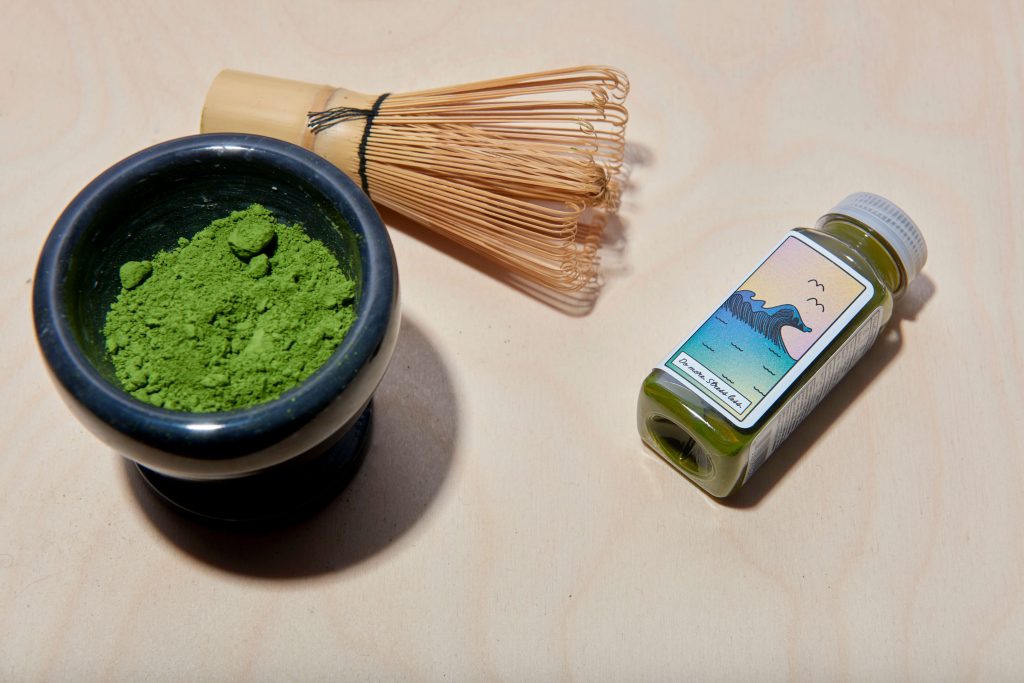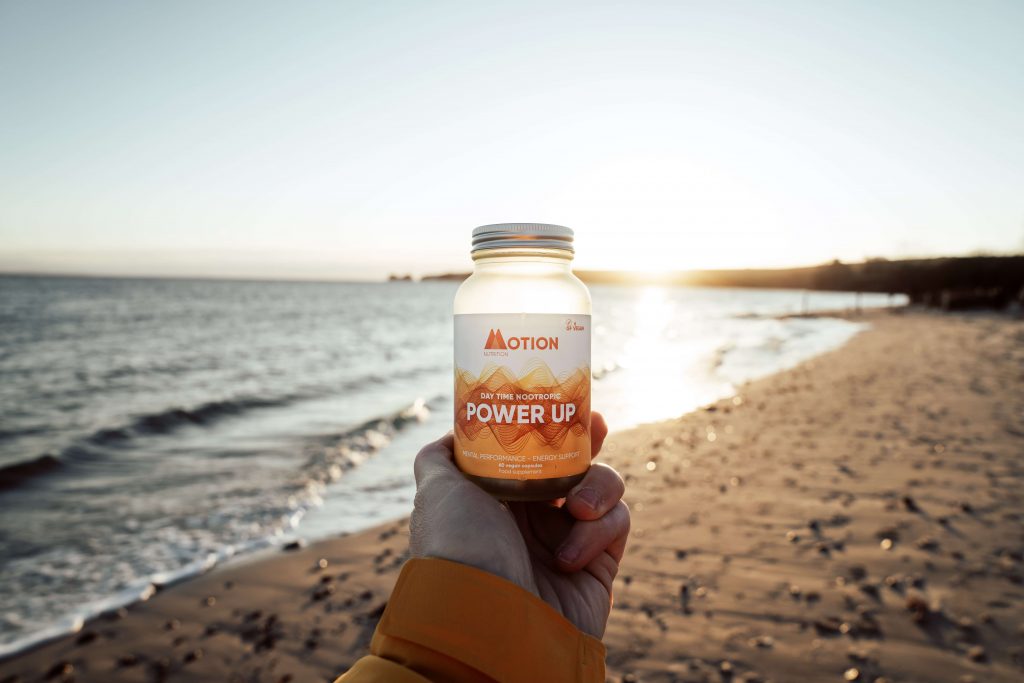How much would you pay to become smarter? I’m not talking about education or self-development, but about nootropics – pills that promise to make the brain more powerful, improve memory and enhance your mood.
American consumers spent more than $640 million on such supplements in 2015 alone. Around one third of Americans use them at least once a year, and the market for these ‘magic pills’ is growing in Europe too.
Globally, the market for nutraceuticals and herbal substances that stimulate the brain is already estimated at $ 34.8 billion.

Nootropic supplements are divided into two camps: those that mimic or enhance the impact of caffeine: which improves concentration, but can cause anxiety.
The second camp is herbal remedies (cannabis, hemp, herbal energy boosters such as ginseng, bacopa monnieri and ginkgo biloba) and psilocybin and other psychoactive fungi extracts.
In the films “Limitless” and “Lucy”, they are miracle pills that can activate the brain 100% and turn anyone into a genius. Whilst results like that are a while away, to say the least, the pandemic has spurred interest in nootropics, as individuals strive to increase their productivity to be able to deal with more and more competing demands: from work calls on Zoom, endless messaging notifications and constant requests from family.

However, as with any emerging market, Nootropics is a high-risk sector, and one in which communications and PR are going to be crucial in order to ensure that a brand is perceived as safe, reliable, and a credible part of consumers day-to-day health regimen.
Education will play a big part in the success of any product: whilst a group of consumers, often described as ‘health-active’, are willing to educate themselves on new and exciting products that could enhance their cognitive function, this does not allow for mass-market appeal. Nootropics providers should look to partner with PR agencies that can help them reach consumers where they are: in magazines, online, and through social media, to explain away doubts and misconceptions around ingredients that they may have heard of, but are suspicious of, and those which they have never heard of before. This type of public buy-in, which requires a strong media operation, is vital to the mainstreaming of nootropics.

Secondly, your image has to be on-point. Immaculate presentation online, on social media, and in your packaging, as well as the expert media-training of your spokespeople are the table stakes when you are trying to sell a new type of supplement. Consumers are health conscious, but more than that, are tech-savvy. A dodgy looking website can put people off faster than a dodgy supplement.
If you are interested in learning more about how a PR agency can help you protect and enhance the reputation of an existing nootropic product, or help you bring one to market, why not reach out to us?
Article by: admin


No Comments